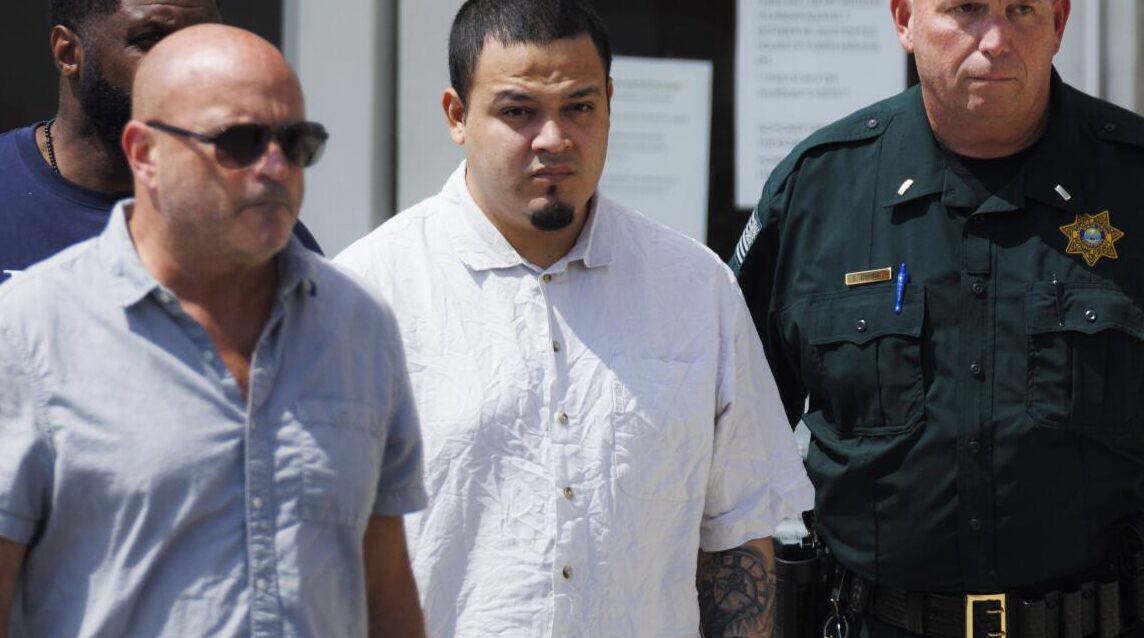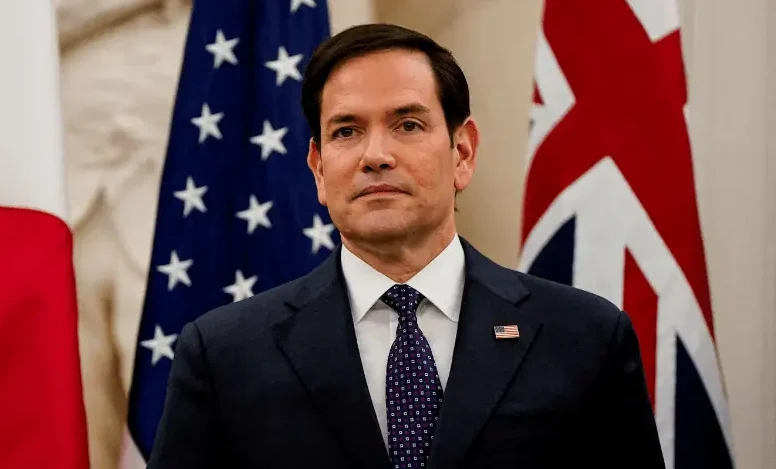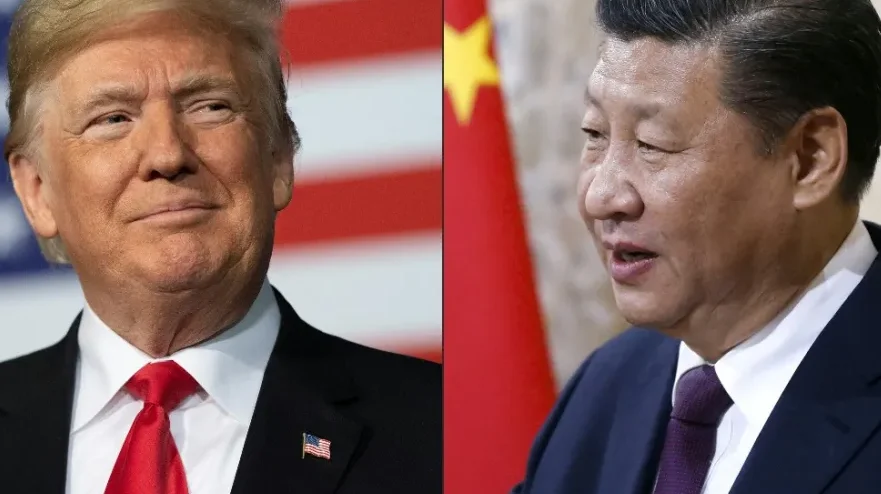U.S. immigration officials say they plan to deport Kilmar Ábrego García, a Salvadoran national, to Uganda after he turned down a deal that would have sent him to Costa Rica in exchange for staying in jail and pleading guilty to human smuggling charges. The news came in a court filing on Saturday.
The offer to go to Costa Rica surfaced late Thursday, as it became clear Ábrego was likely to be released from a Tennessee jail the next day. He refused the deal, chose freedom, and was released Friday to await trial in Maryland with his family. Hours later, the Department of Homeland Security (DHS) notified his lawyers that he was now set to be deported to Uganda and must report to immigration authorities on Monday.
In a letter, DHS told Ábrego’s legal team that he could be removed to Uganda “no earlier than 72 hours from now (absent weekends).” Immigration and Customs Enforcement also ordered him to appear at its Baltimore office Monday.
Ábrego first entered the U.S. without permission around 2011 as a teenager, fleeing gang violence in El Salvador. He was later granted federal protection from deportation back to his home country.
But his legal status has been turbulent. In March, federal officials deported him in what the Trump administration later admitted was an “administrative error.” During that time in El Salvador’s notorious Terrorism Confinement Center, Ábrego says he was tortured, according to court documents filed by his lawyers.
Following public pressure and a U.S. Supreme Court order, the Trump administration brought him back to the U.S. in June. Soon after, he was charged with human smuggling crimes accusations his lawyers dismiss as “preposterous.” His trial is scheduled for January.
Ábrego, now 30, has lived in Maryland for more than a decade, working in construction and marrying an American citizen. Although a judge approved his release before trial, his lawyers initially kept him in jail, fearing the government would quickly deport him again. A recent Maryland court ruling requiring immigration officials to give Ábrego time to defend himself eased those concerns.
Meanwhile, Uganda confirmed earlier this week that it has a temporary agreement with the U.S. to take in certain asylum seekers rejected by Washington.
Bagiire Vincent Waiswa, permanent secretary at Uganda’s foreign ministry, said the deal covers people who cannot or will not return to their home countries. But he added that the arrangement comes with limits: no unaccompanied minors, no individuals with criminal records, and a preference for asylum seekers from Africa. He said the U.S. and Uganda are still working out the details.






